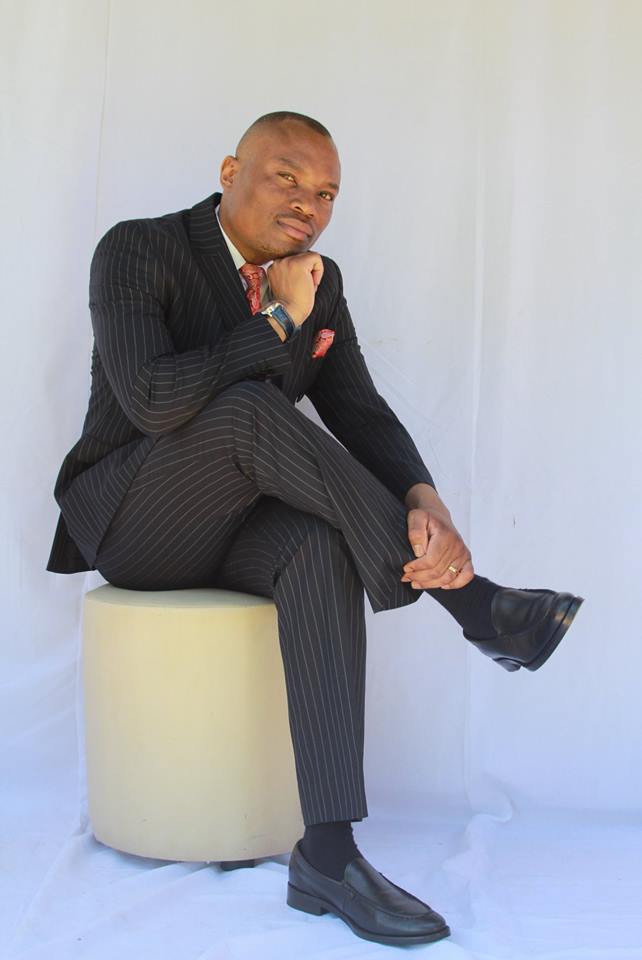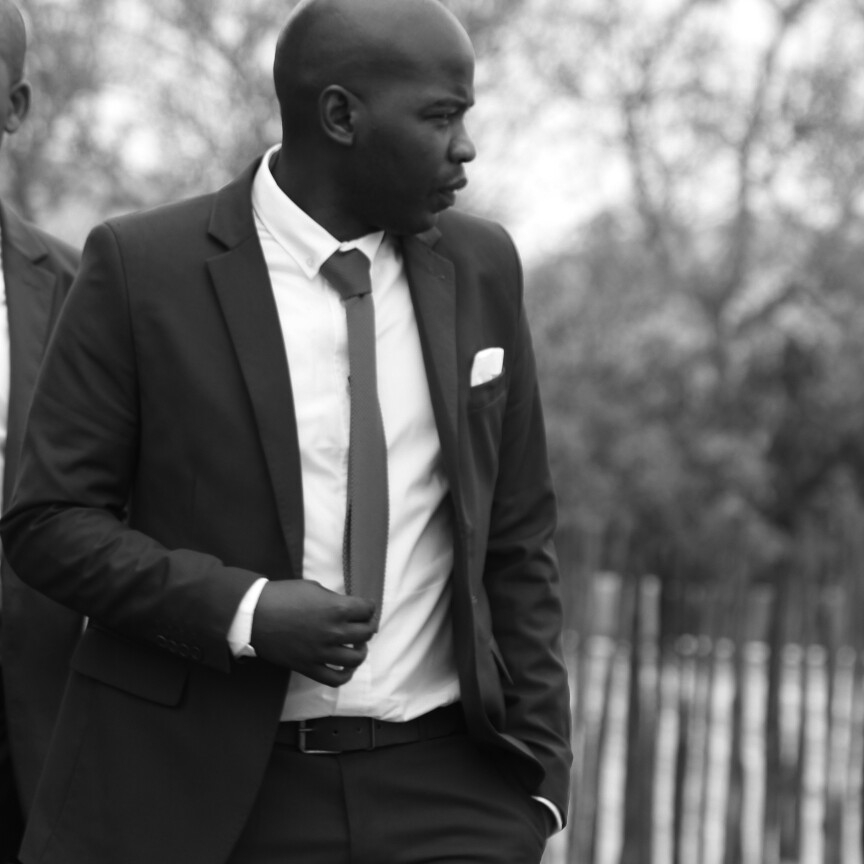Ntfonjeni Dlamini Shares His Innerviews on GBV
Swazi Innerviews Online: Who were the women that played an influential role in your upbringing?
Ntfonjeni Dlamini: My mother, maternal grandmother, and my mother’s sisters (maternal aunts).
SIO: How did they contribute in shaping your perception of women?
ND: Their contribution in shaping my perception of women was remarkable. Firstly, my maternal grandmother (may her soul rest in peace), was a very kind, generous and spiritual woman. She also had a very positive outlook towards life. I spent my entire childhood under her care. She was always there for us, her grandchildren. She would wake up early every morning to prepare food for us and ensure that when we stepped out of the house to school, we looked clean and smart. Our home was relatively poor but I don’t remember us going to school hungry.
Secondly, her daughters (my mother and her sisters), were also very supportive in making contributions towards our livelihood and education. Noteworthy, most of them did odd jobs but with their meager income, they provided for us.
So today, I can boldly say that I am what I am because of the power, determination and resilience of women. My father was completely absent in my life, but these women facilitated a better future for me.
SIO: Who were the men in your life that shaped your perception of men?
ND: My two uncles (one of them is deceased) and my pastor in church.
SIO: How do you feel when you read reports of rampant gender-based violence against girls and women in Eswatini?
ND: I feel bad. I empathise with all the victims of such. Experiencing violence has devastating effects on the lives of girls and women. I am glad that the country just passed the Sexual Offences and Domestic Violence Act (SODV). Passing this legislation is a step in the right direction as it will help to protect people from domestic and sexual violence in our country. Therefore, one hopes that with the enactment of this legislation, cases of domestic and sexual violence will remarkably decrease as the country now has a strong legal apparatus to respond to this challenge.
SIO: Why do you think men, particularly in eSwatini, act this way?
ND: It’s a combination of factors. Our culture is predominantly patriarchal. In a way, it socialises boys to look down upon girls and women – to see them as second class citizens. I remember that when I was growing up, even touching a girl’s underwear was somehow a taboo. It felt like there was something ‘dirty’ about women. Therefore, if a young man doesn’t outgrow such a misogynistic mentality; when he becomes a fully grown up man, he is likely to see women (including his wife and daughters) as nonentities.
Furthermore, violence begets violence. Some of the men who abuse women, were also abused whilst growing up and this socialised them to see abusive behaviour towards women as ‘normal’. In addition, some men saw their own fathers abusing their mothers and again, saw that as ‘normal’.
Lastly, our country and the world at large, is littered with angry people. We have an angry society. This anger is caused by a number of factors that include: poverty, unemployment, abuse, and depression, to mention a few. Since women and girls are generally vulnerable, they become the easiest targets for such angry men to vent out their anger.
SIO: What do you think can help address the problems around the mistreatment of women?
ND: I think the first step would be to address cultural norms and attitudes that marginalise women and further promote any form of abuse against them. As already pointed out, setting up a solid legal framework that can adequately address such issues is also very key as it would ensure that offenders are punished thus causing would-be offenders to desist from abusing women.
Before getting married, young men should also be taught that in a marriage, it is not all about the man. Men should be taught that, a healthy marriage is one where there is mutual respect between both partners – where both partners are happy. If in a marriage, everything is about one person (usually the man), things always being done according to how he wants them to be done; then that marriage is doomed to fail.
SIO: How do you feel when you hear women express statements such as “men are trash.”
ND: Everyone is entitled to their own opinion on the prevailing social concerns that the country, and the world at large faces. However, I feel that it is unfair to paint all men with the same brush. There are a lot of good and loving men out there (I believe I’m one of them) who respect women and never marginalise them. In short, not all men are trash.
SIO: What would you like Swazi women to know so we don’t completely lose faith in our local men?
ND: That not all men are trash. Some single women are even afraid to get married. My advice to them is that we still have many Swazi men who are genuine, loving and non-philanders.
Complied by the Innerviewer



